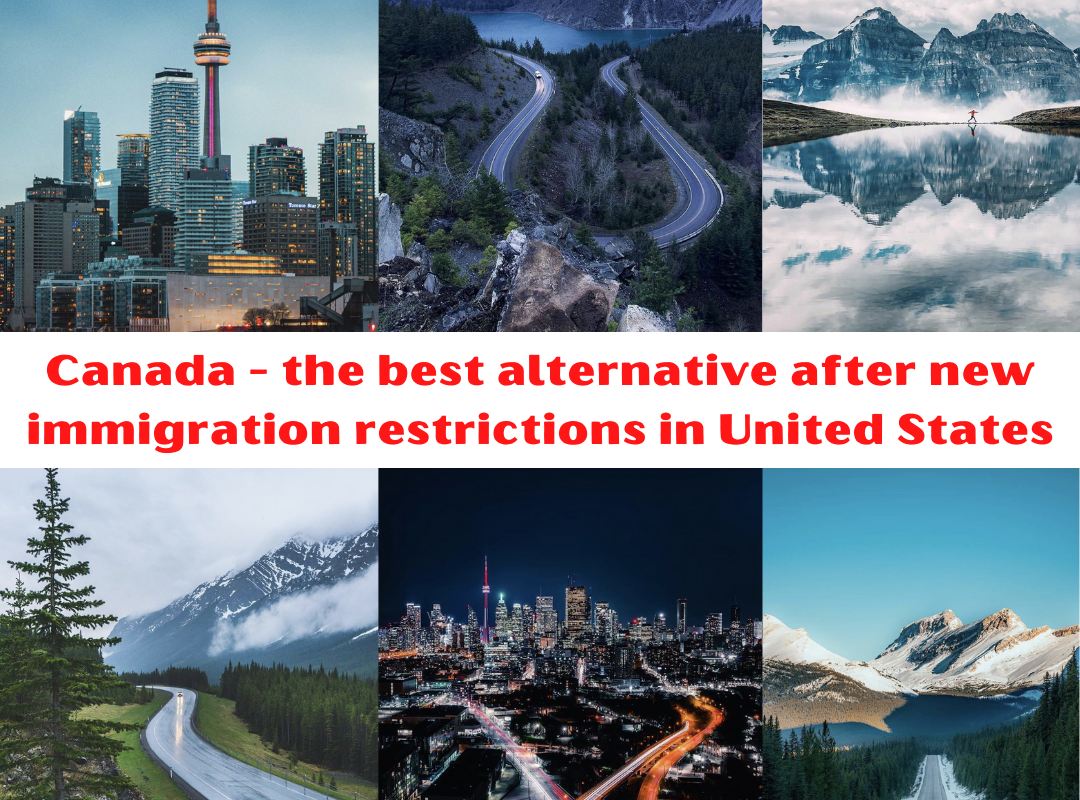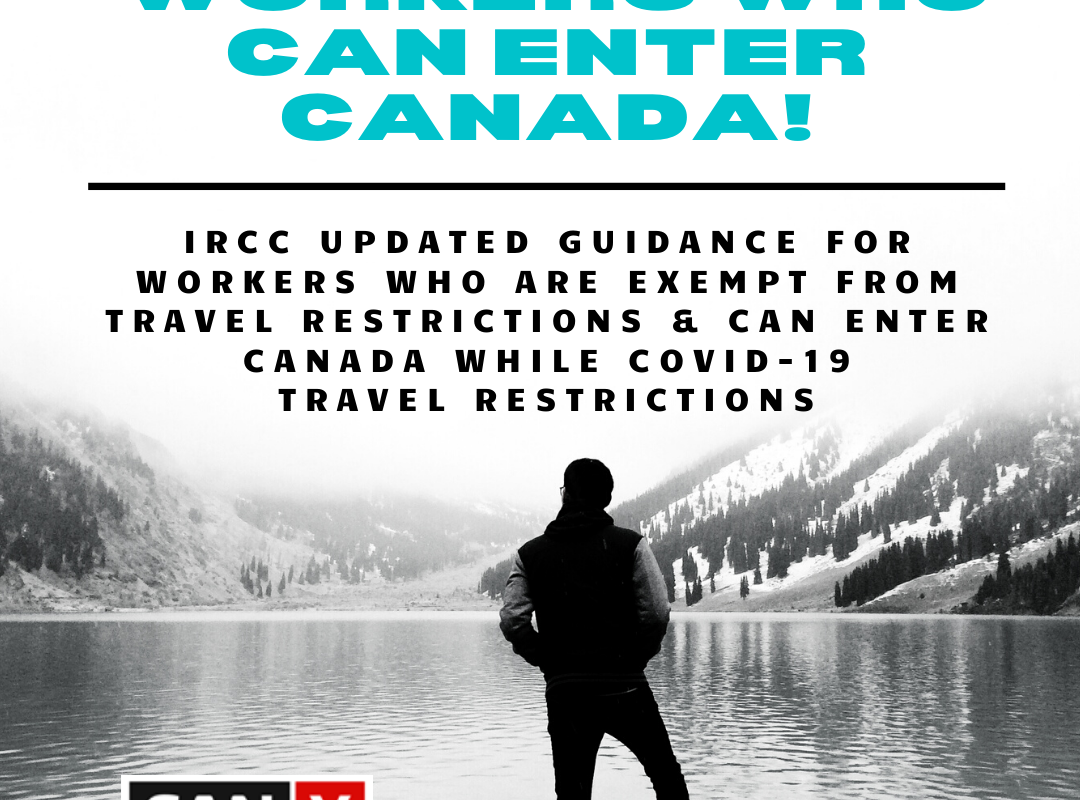Ontario invited 24 entrepreneurs in new immigration draw under entrepreneur stream. Candidates with scores of at least 134 were invited in draw conducted on June 24, 2020. Candidates with Expressions of Interest (EOI) received by the OINP between November 22, 2019 and June 19, 2020 were eligible. This is the fifth draw since the minimum eligibility requirements for the program underwent significant change. A total of 70 entrepreneurs has been invited this year so far.
The required net worth for the proposed business within the Greater Toronto Area (GTA) was lowered from $1.5 million CAD to $800,000 CAD and outside the GTA from $800,000 CAD to $400,000 CAD. The minimum investment for the proposed business in the GTA was lowered from $1 million CAD to $600,000 CAD and outside the GTA from $500,000 CAD to $200,000 CAD. The required business experience of a candidate as an Owner or a Senior Manager had also changed. It is now required that a candidate has 24 months of experience within the last 60 months. Previously, a candidate was required to have 36 months of experience within the same time frame.
Entrepreneur Stream
The Entrepreneur Stream is an immigration stream under the Ontario Immigrant Nominee Program (OINP). This stream is for entrepreneurs from outside of Canada interested in starting a new business or buying an existing business in Ontario. It gives an entrepreneur (and up to one foreign national business partner) the opportunity to be nominated for permanent residence once their business has been established in Ontario.
The Entrepreneur Stream application is a two-stage process:
Stage 1
- Registration: Register an expression of interest with OINP by email
- Application Submission: If invited, submit an online application
- Personal Interview: Entrepreneur and the business partner (if applicable) attend a mandatory in-person interview at the OINP office in Toronto. The purpose of the interview is to get a better understanding of the business plan and past experience.
- Performance Agreement: If stage 1 of the application (including the interview) is successful, the entrepreneur is asked to sign a performance agreement with the Government of Ontario. The performance agreement will outline the commitments that must be met in order to be nominated for permanent residence. The document will include, but may not be limited to:
- a description of the business
- investment amounts and timelines
- number and types of jobs to be created for Canadian citizens or permanent residents
- mandatory business milestones and achievements
- time frames for commitments
Stage 2
- Work Permit: After signing performance agreement, the OINP office issues a temporary work permit support letter (WPSL) so that applicant and business partner (if applicable) can apply to IRCC for a temporary work permit
- Business Establishment: The entrepreneur has 20 months from the arrival date in Ontario to implement the business plan and meet all commitments under the performance agreement. OINP officers monitor the business to make sure the applicant stay on track to meeting the obligations under performance agreement. The applicant is also required to provide quarterly reports and a final report to OINP.
- Provincial Nomination: Based on final report, the OINP office confirm that the new business has met the commitments outlined in the performance agreement. Post confirmation, OINP office will ask for supporting documents to ensure that applicant and business partner (if applicable) meet the nomination requirements
- Language: The applicant must be able to listen, read, write and speak English or French at a Canadian Language Benchmark (CLB) Level 4.
- Residency: The applicant must be physically living in Ontario for 75 per cent of the time during which they are establishing their business.
- Active Management: The applicant must be actively involved, on an ongoing basis, in the management of the business.
- Permanent Residency: The applicant can submit permanent residency (PR) application with IRCC within six months of nomination. The OINP performs post-nomination monitoring for a period of 36 months following the issuance of permanent resident status.
Program Requirements
To qualify under the Entrepreneur Stream, the applicant must have a viable business that is likely to provide material economic benefit to the economy of Ontario as a whole or to the local Ontario economy where the business will be located. The applicant and one business partner (if applicable) must both meet the eligibility requirements.
Business experience
The applicant must have at least 24 months of full-time business experience in the last 60 months. The experience must be as a business owner or as a senior manager (business management). As a business owner the applicant must have had an active role in the business and owned at least one-third of the business. As a senior manager the applicant must have had senior decision-making responsibilities in the business.
Net Worth
- $800,000 CAD – if the proposed business will be located within the GTA
- $400,000 CAD – if the proposed business will be located outside the GTA
- $400,000 CAD – if the proposed business will be in the Information and Communications Technology (ICT)/Digital Communications sector (regardless of the proposed business location)
Personal investment funds and minimum equity
- Within the Greater Toronto Area – The applicant must make a minimum personal investment of $600,000 CAD and control at least one-third of the equity in the business
- Outside of the Greater Toronto Area – The applicant must make a minimum personal investment of $200,000 CAD and control at least one-third of the equity in the business
- If the proposed business is in the information and communications technology/digital communications sector then regardless of location, the applicant must make a minimum personal investment of $200,000 CAD and control at least of one-third of the equity in the business.
Active involvement
The entrepreneur must be actively involved, on an ongoing basis, in the management of the business.
Capital investment purpose
The primary purpose of investing capital in the business must be to make a profit. It must not be to derive interest, dividends or capital gains.
Job creation
If the business will be located inside the Greater Toronto Area, the applicant must create at least two permanent full-time jobs for Canadian citizens or permanent residents. If the business will be located outside the Greater Toronto Area or in the information and communications technology or digital communications sector, regardless of location, the applicant must create at least one permanent full-time job for a Canadian citizen or permanent resident. Jobs must be created within the first 20 months of establishing or acquiring the business, must be filled continuously for at least 10 months and must be paid at the median wage level for the position.
Additional requirements for purchasing an existing business
- the entrepreneur must make at least one business-related visit to Ontario within 12 months from the date of registering an Expression of Interest
- the business being purchased must have been in continuous operation by the same owner(s) for the previous 60 months
- ownership of the business must be completely transferred to the applicant or any business partner
- the applicant must use at least 10% of the personal investment towards improving or expanding the business in Ontario
- the applicant must keep all permanent full-time employees that worked in the business prior to the transfer of ownership
General business requirements
In addition to meeting the minimum requirements, the proposed business must also meet the general requirements to participate in the Entrepreneur Stream:
Business purpose
The purpose of the proposed business must be to make a profit from active (earned) income not passive (unearned) income through the sale of goods and/or services.
Canadian and Ontario legal requirements
The proposed business must comply with any applicable federal, provincial or municipal legal, regulatory or licensing requirements that govern its operation. This includes Ontario labour laws, including but not limited to employment standards, health and safety and labour relations legislation.
Permanent business
The proposed business must be considered a permanent business in Ontario. Project-based/seasonal businesses are considered ineligible.
Business in Ontario
The proposed business must at all times have a place of business in Ontario.
Ineligible types of businesses
The entrepreneur need to ensure that the proposed business is not one of the ineligible types listed below.
automated car wash business ǀ holding companies ǀ laundromats ǀ pawnbrokers ǀ pay day loan and related businesses ǀ scrap metal recycling ǀ tire recycling ǀ a business involved in producing, distributing or selling pornography or sexually explicit products or services, or providing sexually oriented services ǀ businesses which have been previously owned/operated by current or former OINP business stream nominees
If the proposed business will be located in the Greater Toronto Area (GTA), the following types are also ineligible.
existing franchises in Ontario (new foreign franchises expanding into Ontario are permitted) ǀ gas stations ǀ bed and breakfasts
Expression of interest
An expression of interest (EOI) is the first step and, its not an application. There is no fee to register an EOI. The EOI is comprised of two components, for a maximum EOI score of 200 points:
- Self-Declared Score (126 points)
- Business Concept Score (74 points)
OINP will assess and score the Business Concept. The business concept will need to score at least 37 of the available 74 points (50%) to be placed in the EOI selection pool. Whether the entrepreneur candidate will be issued an invitation to apply is based on the EOI rank in the selection pool. Only the top ranked candidates are invited to apply.
Expression of interest (EOI) registration
- contact the OINP by email (business.immigration@ontario.ca) to express the interest in participating in the Entrepreneur stream and to request a copy of the EOI registration form
- once received, complete the EOI registration form
- submit the completed form by email to business.immigration@ontario.ca
The OINP will then assess and score the business concept. If the entrepreneur candidate do not meet the minimum stream criteria, the business concept will not be reviewed.
If the business concept is accepted, the EOI will be placed in a pool and will be ranked against other entrepreneur candidates. If entrepreneur candidate is invited to apply, he/she will receive an email with instructions on how to submit an online application through the OINP e-Filing Portal. The candidate has 90 calendar days to submit the online application from the date of invitation to apply.
Contact us for consultation and assessment.





